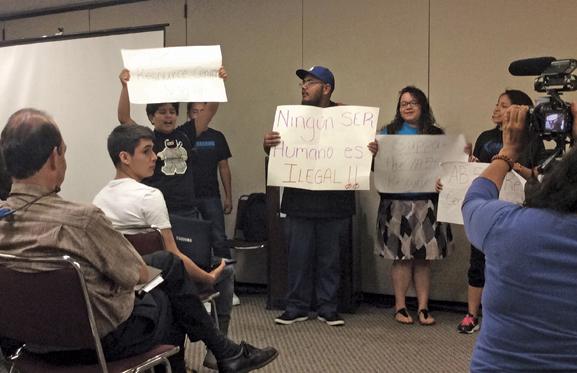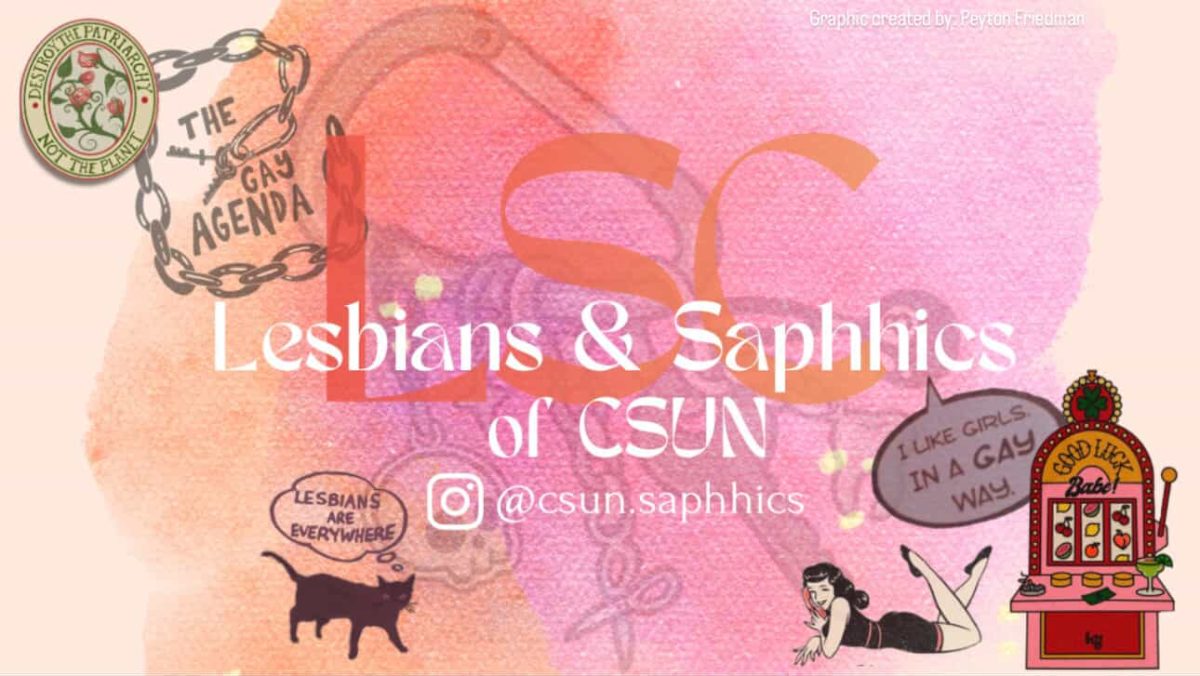
CSUN students attended the DREAM Activist panel that raised awareness about undocumented immigrants, deportation and migration in students and families.
The panel focused on the daily struggles that undocumented students in CSUN go through.
Guest speaker Alma Delia De Jesus, a CSUN alumnus and co-founder of the Dreams to be Heard organization, talked about her experience as an undocumented student and the trials she went through to get to where she is today.
“I didn’t find out that I was undocumented until my senior year of high school,” De Jesus said. “When I told my mom that I wanted to go to college she told me the truth of my birth and that I didn’t have a social security number.”
De Jesus said she was shocked by the revelation and was let down by her (high school) counselor because he told her to work at a sweatshop instead of going to college.
“Through persistence and mobilizing as a community change can be made” said De Jesus.
A 15-minute skit was presented by the Dreams to be Heard members showcasing what undocumented college students go through daily.
In the skit, students learned more than 65,000 undocumented students graduate from high school yearly, with only 20 percent of these students enrolling in college.
The skit had Dreamers discussing with one another the issues of immigration and possible ways to solve it.
Some ways for Dreamers to obtain a college education legally is through the AB540 bill, the California Dream Act and the Deferred Action for Childhood Arrivals (DACA).
“The problem with the legal system is that not all undocumented immigrants are accepted,” Suzy Amezcua, internal president of Movimiento Estudiantil Chicano Aztlan (MEChA) said. “For instance, last fall of 2013, 931 Dreamers applied for the California Dream Act and only 452 got awarded, so 479 students got denied”.
Nancy Landa, a CSUN graduate student and Chicano/a studies major said, “I learned a lot about the different perspectives of the students and what the future holds for undocumented students because of this push for change. It makes me feel proud that organizations such as Dreamers to be heard is fighting this struggle and giving hope for students to dream”.
The Dream activist panel was sponsored by the Central American studies department, the Chicana/o studies department and College of Humanities.





